Micro-Credentials
Introduction to Climate Change and SDGs
Empower Yourself to Tackle Climate Change and Drive Sustainable Development
Apply Now
NQF Level:
5
Credits:
15
Minimum Duration:
6 Weeks (Part-Time)
Faculty:
Public Admin, Governance and Sustainability
Department:
Micro-Credentials & Short Learning Programmes
Accreditation Authority:
AIFT Senate
Equip Yourself with the Knowledge and Skills to Combat Climate Change and Drive Sustainable Development for a Better Future
This transformative programme offers an enriching journey into the vital connection between climate change and the United Nations Sustainable Development Goals (SDGs). Through this programme, participants will gain a profound understanding of the science behind climate change, its far-reaching impacts on diverse sectors, and the essential strategies to mitigate its effects and adapt through sustainable development frameworks. Crafted to inspire and equip individuals, this programme empowers participants to actively contribute to global climate action efforts, fostering sustainable practices that shape a resilient, thriving future for generations to come.
Why Choose This Qualification?
Gain a deep understanding of the science behind climate change and its global impacts, equipping you to better address and discuss climate-related challenges. Learn how climate change affects key sectors such as agriculture, health, water resources, biodiversity, and urban development, enabling you to evaluate its socio-economic consequences and propose effective solutions. Understand how climate change intersects with the United Nations Sustainable Development Goals (SDGs), particularly SDG 13, and how to align climate action with broader goals such as poverty reduction, economic growth, and health. Develop actionable strategies for both mitigating climate change and adapting to its effects, including sustainable energy solutions, carbon reduction practices, and community resilience-building techniques. Equip yourself with the knowledge and skills needed to work in fields such as environmental sustainability, policy analysis, climate change advocacy, and sustainable development, opening up career opportunities in both the public and private sectors.
Admission Requirements.
Not explicitly mentioned in the document
Qualification Structure.
Week 1: Introduction to Climate Change and the Science Behind It - Understand the basic science of climate change, including greenhouse gases, global warming, climate systems, and the role of human activities in environmental change. Week 2: Impacts of Climate Change Across Key Sectors - Analyse the effects of climate change on agriculture, health, water resources, biodiversity, urban development, and explore the socio-economic impacts on vulnerable communities. Week 3: The United Nations Sustainable Development Goals (SDGs) and Climate Change - Explore the 17 SDGs, with a focus on SDG 13 (Climate Action), and assess how addressing climate change contributes to other SDGs like poverty reduction, health, and economic growth. Week 4: Mitigation Strategies for Climate Change - Learn about renewable energy, carbon reduction, sustainable land use, and technological innovations in climate change mitigation. Week 5: Adaptation Strategies and Building Resilience - Understand adaptation strategies to enhance resilience, climate-proof infrastructure, and reduce vulnerability in communities and ecosystems. Week 6: Assessment and Certification - Final Project Submission, Feedback, and Certification.
Learning Outcomes.
Grasp the scientific concepts of climate change, including greenhouse gases, global warming, and climate systems, and explore the role of human activities in exacerbating environmental changes. Analyse the impacts of climate change on various sectors such as agriculture, health, water resources, biodiversity, and urban development, and understand the socio-economic consequences for vulnerable communities. Understand the United Nations Sustainable Development Goals (SDGs) and their relationship to climate change, particularly SDG 13. Develop strategies to mitigate and adapt to the effects of climate change, including renewable energy, carbon reduction, and sustainable land use.
International Comparability.
Not explicitly mentioned in the document
Qualification Modes of Delivery and Support.
Blended Learning: Combines online modules with in-person practical sessions. Distance Learning: Fully online with asynchronous support. Face-to-face Workshop sessions for personalised mentorship and peer interaction.
Career Opportunities.
Sector-Specific Roles, Leadership in Sustainability, Public Sector and NGOs, Sustainability Projects.
Articulation Options.
Not explicitly mentioned in the document
Ensure Compliance, Empower Financial Accuracy.
Empower Financial Accuracy




